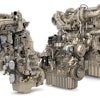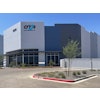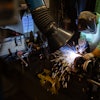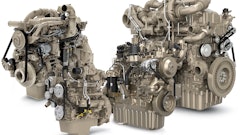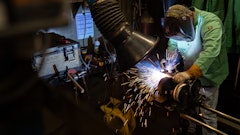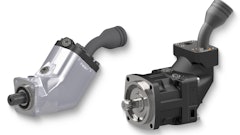Please understand, I am in no way implying our tractors and excavators are becoming sentient beings that are going to overtake our jobsites and make executive decisions about where roads and bridges should be built, but when you think about it, what is Artificial Intelligence really? According to some, it is simply a computer system able to do things that would normally require human intelligence to accomplish. The Turing Test, created by Alan Turing in 1950 while working at the Computer Laboratory at Manchester University, sought to define these parameters.
In brief, the test says that if a 3rd party interrogator cannot determine if responses provided to his questions are from a computer or a human, than it must be assumed that the computer is "intelligent," almost by default. There are of course criticisms of this oversimplified perspective, but there is some philosophical logic to it: If you think you are speaking to a human with an intelligent thought processes, regardless of the state of the being (be it alive, dead, human or machine), you must be speaking to something with a form of intelligence. And, isn't intelligence merely a perception of the information provided to the recipient?
Now consider fully autonomous vehicle systems that are currently in the field and being tested. The military is using software and satellite imagery combined with object detection systems that allows an entire convoy of vehicles without drivers to traverse enemy territory, avoid falling off cliffs and even spot IEDs based on differences between current and previous 3D map surveys. The machine makes decisions based on its current environment and based on historical data stored in its memory. Sounds a lot like an intelligent human decision making process.
In some instances, and perhaps most instances, automating a specific function or entire systems optimizes a vehicle's performance beyond what even the most skilled operator could accomplish. In the field, a high-tech tractor can survey a crop's health based on soil samples and infrared sensor data and apply a specific amount of fertilizer to a plant based on that information...in real time.
All of this is made possible through sensors and GNSS, which, as Jason Hallett, VP of Software Product Management at Topcon Positioning Group says in the article xxxx on page xx, GNSS is really just becoming another sensor on the machine. So, as GNSS systems become more accurate and machine-to-machine communication systems become more sophisticated, are we really just inching ever closer to artificially intelligent vehicles? Or, since we already have fully-automated vehicles and even entire mining quarries operating without drivers, are we already there?

